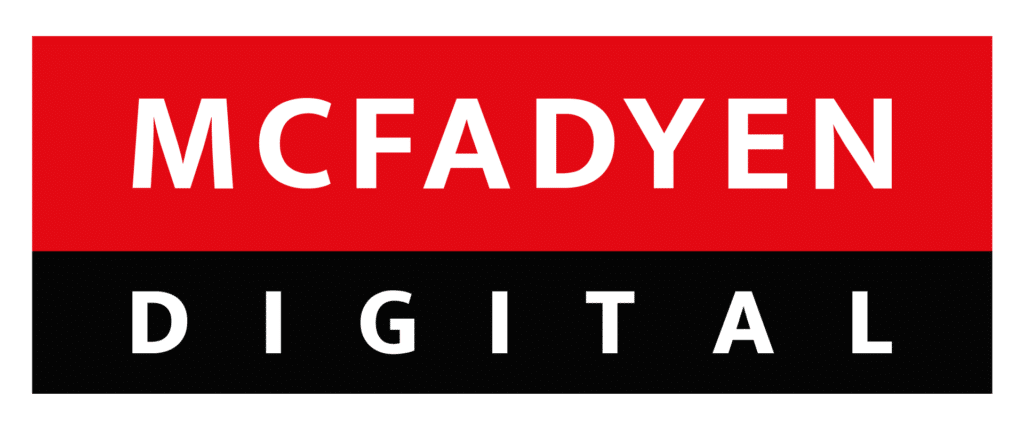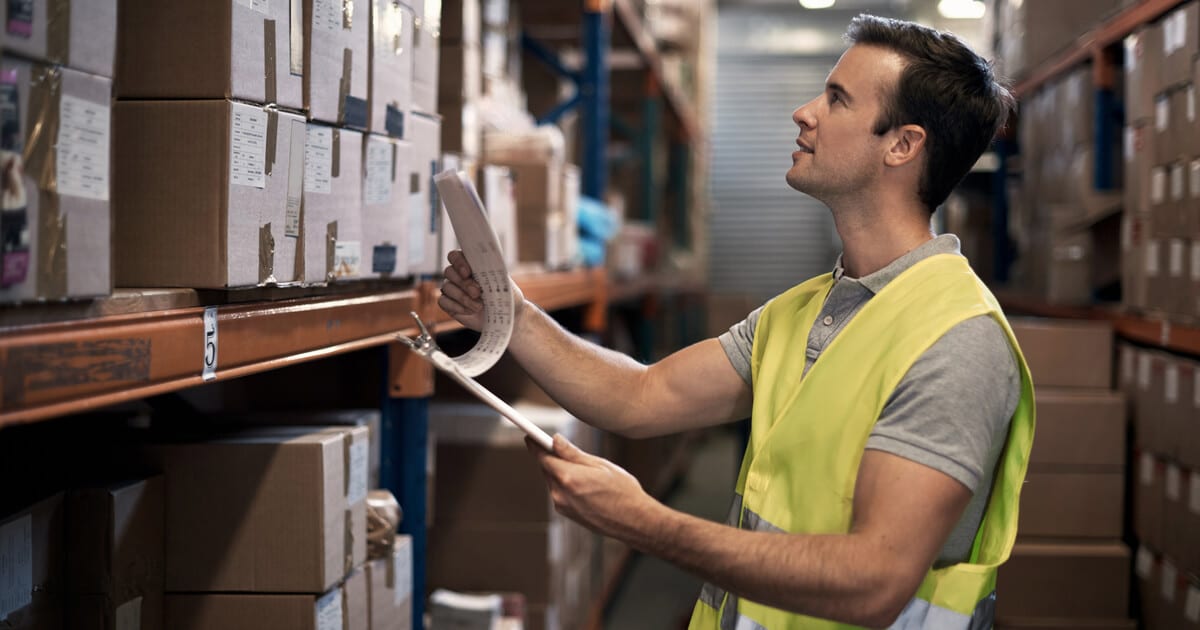
Powering the Circular Economy with Platform Business Models
The concept of a ‘circular economy’ has been gaining momentum in recent years as a strategy to minimize waste and optimize resource usage in an effort to combat climate change and promote sustainable development. In its simplest terms, a circular economy is an economic system aimed at eliminating waste and the continual use of resources. It is characterized by ‘closing the loop’ of product lifecycles through reuse, recycling, and recovery, rather than following the traditional ‘linear economy’ of ‘take, make, and dispose’.
An interesting facet of the circular economy is the role that online marketplaces play in promoting circularity. These platforms, which connect buyers and sellers, have the potential to promote reuse and recycling in a way that brick-and-mortar retailers simply can’t. In this blog post, we will explore the ‘how’ of the online marketplace model, its relation to driving circularity, regulatory and compliance motives, and some examples of this phenomenon.
The Role of Online Marketplaces in the Circular Economy
Online marketplaces have fundamentally transformed the way people buy and sell goods. They have democratized commerce, made it more accessible, and have created a platform for the exchange of used goods. This model is inherently conducive to the circular economy.
By facilitating the buying and selling of pre-owned items, online marketplaces extend the lifecycle of products, reduce the demand for new goods, and minimize waste. This means less production, less extraction of raw materials, and less energy used in manufacturing – all of which contribute to the reduction of carbon emissions and environmental impacts.
Regulatory and Compliance Motives
Online marketplaces also serve as a platform for the compliance of regulatory measures aimed at promoting a circular economy. For example, the European Union’s Circular Economy Action Plan calls for increased product durability, reparability, and recyclability, as well as reduced waste. Online marketplaces can play a crucial role in meeting these requirements by promoting the sale and purchase of used, repaired, and refurbished goods.
Moreover, online marketplaces can comply with Extended Producer Responsibility (EPR) regulations by providing a platform for manufacturers to take back products at the end of their lifecycle for reuse or recycling.
Online Marketplaces in Action
A range of online marketplaces are already helping to drive the circular economy. For instance, eBay, one of the largest online marketplaces in the world, has been a platform for second-hand goods since its inception. eBay’s business model inherently promotes circularity by extending the life of products and reducing the demand for new items.
ThredUp, an online consignment and thrift store, has taken this one step further by providing a marketplace specifically for second-hand clothing. Their model not only encourages reuse but also addresses the significant waste issue in the fashion industry.
Toyota Material Handling employs an online marketplace to extend the life cycle of their forklifts by selling used and refurbished equipment. This practice fosters the principles of the circular economy by reducing waste and decreasing the demand for new production. Thus, the company leverages online marketplaces to boost sustainability within the material handling industry.
The Renewal Workshop partners directly with brands to take their damaged, defective, and returned items, then clean, repair, and sell them on their online platform. By doing this, they not only extend the life of these products but also provide a solution for brands to manage their waste responsibly.
Loop is a global circular shopping platform launched by TerraCycle, which allows consumers to buy products in reusable packaging. Once the product is used, Loop collects the packaging, cleans it, and refills it for reuse.
In the quest for sustainability, online marketplaces are becoming essential facilitators of the circular economy. They offer a unique platform to extend the life of products, promote reuse and recycling, and ensure compliance with regulations promoting circularity. As our understanding of the circular economy evolves and as regulations become more stringent, the role of online marketplaces in promoting sustainability is only set to grow.
Circular Platform Multi-Client Study
The circular economy represents a sustainable, innovative, and economically viable model for businesses in the 21st century. Digital commerce, with its wide reach and flexibility, can be a powerful force when promoting and implementing circular principles, contributing to a more sustainable and resource-efficient approach to business. A natural way for digital commerce to enter the circular economy picture is via a circular platform. Just like every company needs a marketplace strategy, every company will soon need a circular platform strategy.
McFadyen Digital is currently seeking participants for a Circular Platform Multi-Client Study where organizations participate in a collaborative research study to gain relevant and actionable strategic direction towards accomplishing sustainability and material security goals. This custom research provides invaluable actionable intelligence about how platforms can deliver business value and sustainability at the same time. To learn more, visit mcfadyen.com/go-full-circle.
If you have any questions about this topic or would like to explore how your business can participate in the circular economy, please reach out to us at strategy@mcfadyen.com and one of our experts will reply to help address your needs
[/vc_column_text][/vc_column][/vc_row]Related Articles
Turn Insight Into Impact.
Start Today.




